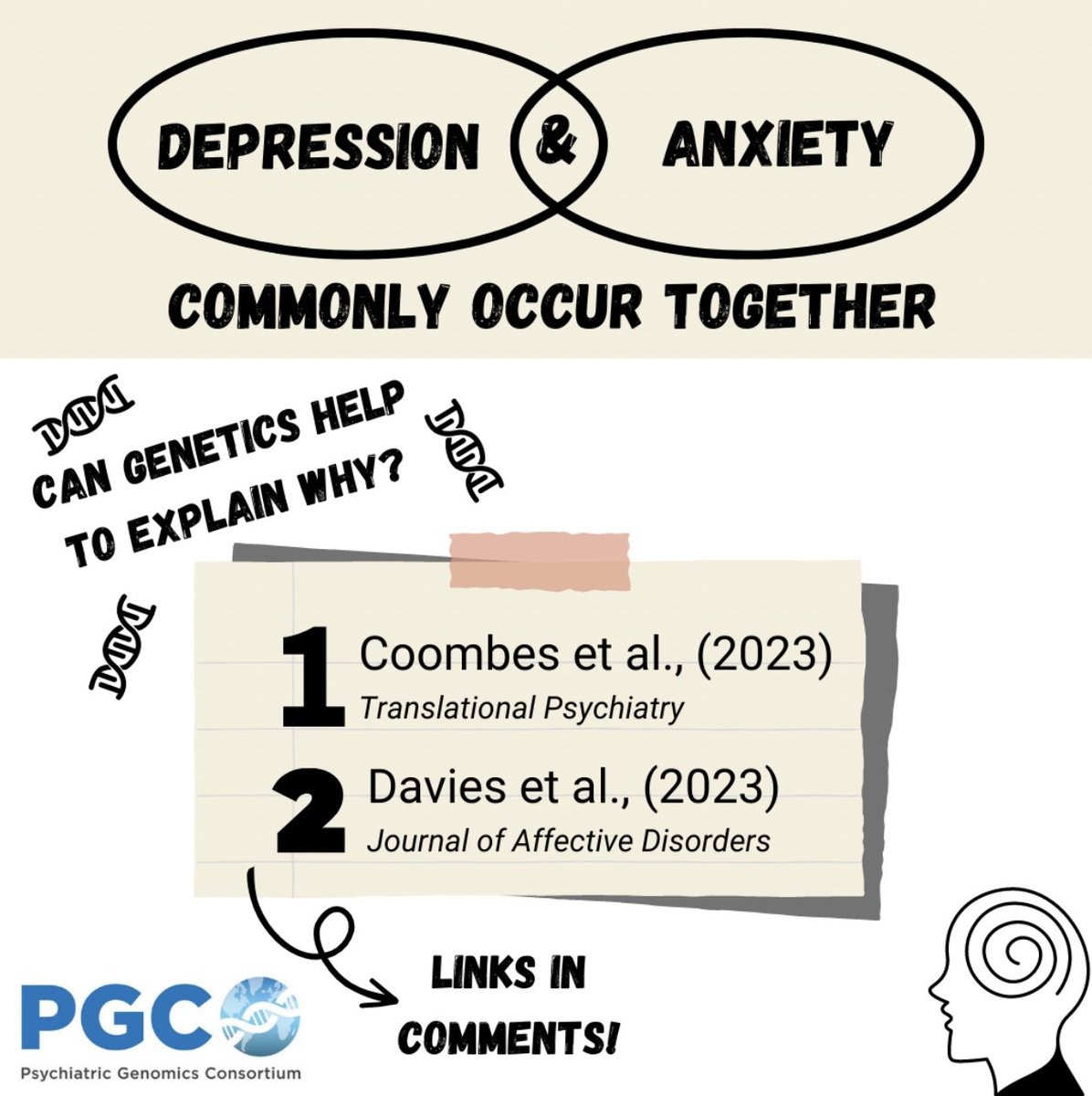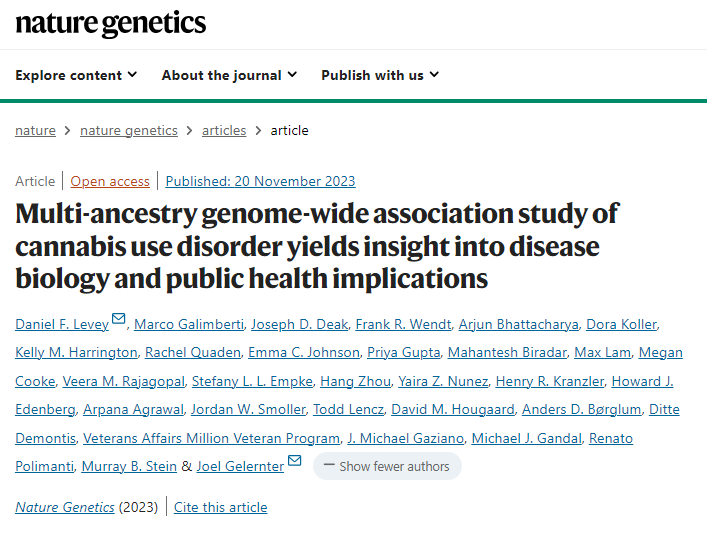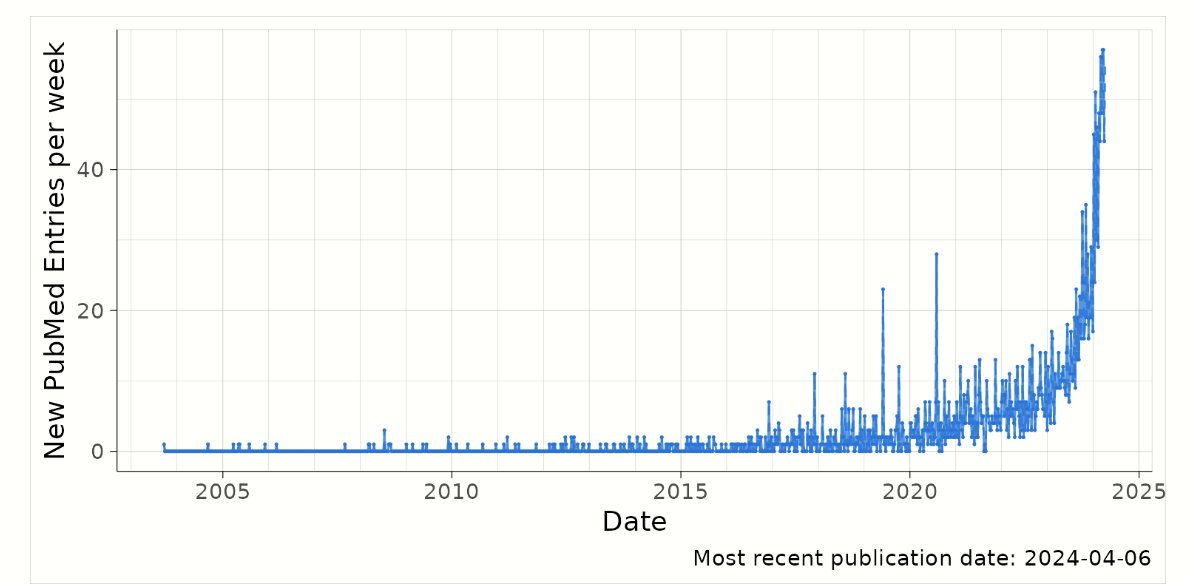
Brandon Coombes
@coombiya
Statistical geneticist @MayoClinic. Focus: Polygenic scores, bipolar, SUDs. Assistant Prof. Raised in TX, Frozen in MN. Views are my own.
ID: 264485045
https://www.mayo.edu/research/faculty/coombes-brandon-j-ph-d/bio-20438382 12-03-2011 00:17:56
2,2K Tweet
329 Followers
356 Following

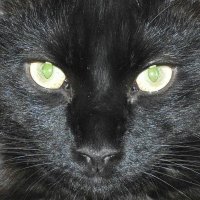

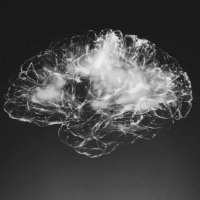



Now online at Nature Mental Health (Nature Mental Health): Multivariate genome-wide association meta-analysis of over 1 million subjects identifies loci underlying multiple substance use disorders led by AlexanderSHatoum of PGC Consortium.

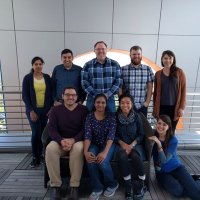
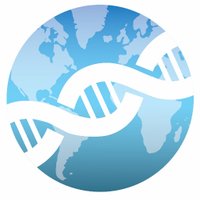


New in Science Magazine: PrimateAI-3D, a ML classifiers trained on protein folding + primate genetic data to identify damaging DNA variants in humans, created ‘rare variant polygenic scores’ that explain outlier values for cholesterol and other traits science.org/doi/10.1126/sc…




A few thoughts on the recent set of papers torture testing genomic deep learning for predicting individual-level gene expression [ pubmed.ncbi.nlm.nih.gov/38036790/ , pubmed.ncbi.nlm.nih.gov/38036778/ , pubmed.ncbi.nlm.nih.gov/38036789/ ]. First a brief summary 🧵: x.com/SashaGusevPost…

The publication of the whole genomes from the US AllofUsResearch cohort is great to see, but the choice of how to represent an overview of the genetic relationships has (rightly) drawn controversy, in particular how the concepts of ethnicity and race are mapped to it.







